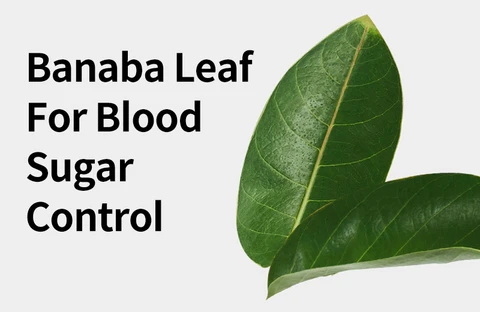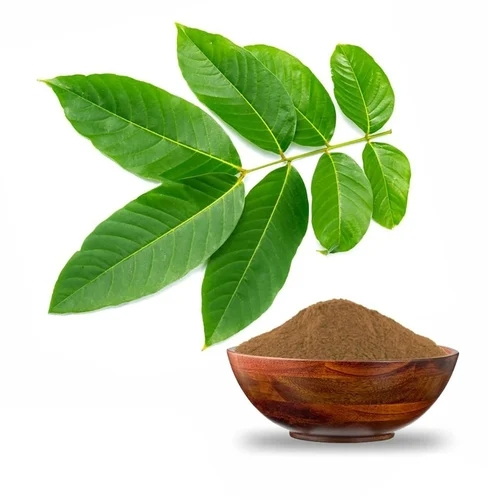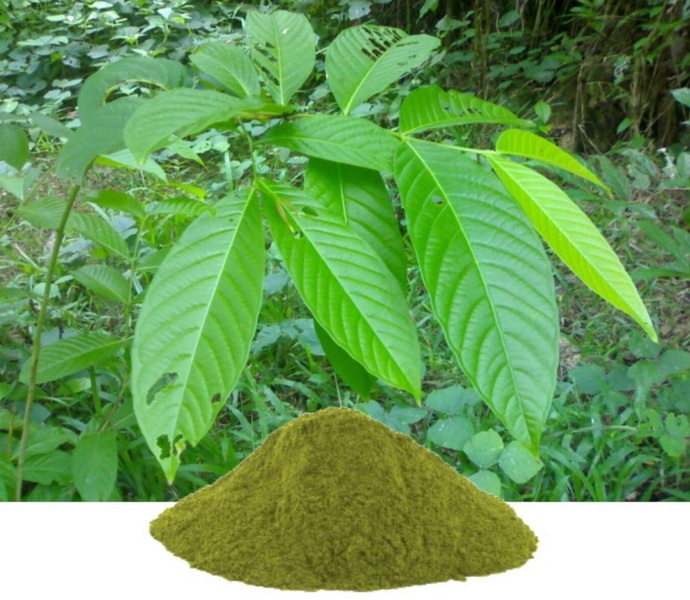Content Menu
● Introduction to Banaba Leaf Extract
>> Traditional Uses
● Health Benefits of Banaba Leaf Extract
>> 1. Blood Sugar Management
>> 2. Weight Loss
>> 3. Antioxidant and Anti-Inflammatory Effects
>> 4. Antibacterial and Antiviral Properties
>> 5. Protection Against Kidney Damage
● Potential Side Effects and Precautions
● Applications and Future Prospects
>> Cosmetic Applications
>> Pharmaceutical Applications
>> Cultural Significance of Banaba
>> Nutritional Content
>> Comparison with Other Natural Remedies
>> Future Research Directions
● Conclusion
● FAQs
>> 1. What are the primary benefits of banaba leaf extract?
>> 2. Is banaba leaf extract safe for everyone?
>> 3. How is banaba leaf extract typically consumed?
>> 4. Does banaba leaf extract have antibacterial properties?
>> 5. Can banaba leaf extract protect against kidney damage?
● Citations:
Banaba leaf extract, derived from the leaves of the Lagerstroemia speciosa tree, has been traditionally used in folk medicine across various parts of the world, particularly in the Philippines and Southeast Asia. This extract is renowned for its diverse health benefits, ranging from lowering blood sugar levels to aiding in weight loss, and even exhibiting antioxidant and anti-inflammatory properties. In this article, we will delve into the uses, benefits, and potential side effects of banaba leaf extract, along with exploring its applications and future prospects.

Introduction to Banaba Leaf Extract
Banaba leaves are rich in bioactive compounds, with corosolic acid and ellagic acid being two of the most notable components. These compounds contribute to the extract's ability to manage blood sugar levels, reduce cholesterol, and provide antioxidant effects. The tree itself is native to tropical regions of Asia, including India and the Philippines, where it has been used for centuries in traditional medicine.
Traditional Uses
Traditionally, banaba leaves have been used to treat diabetes and other health conditions. The leaves are often consumed as a tea or added to food to enhance their medicinal properties. In modern times, the extract is available in various forms, including capsules and powders, making it more accessible for global consumption.
Health Benefits of Banaba Leaf Extract
Banaba leaf extract offers a wide range of health benefits, making it a popular choice for those seeking natural remedies for various health issues.
1. Blood Sugar Management
One of the most well-documented benefits of banaba leaf extract is its ability to lower blood sugar levels. Studies have shown that it can significantly reduce fasting blood glucose levels in individuals with type 2 diabetes. This effect is primarily attributed to corosolic acid, which enhances glucose uptake in cells, thereby reducing blood glucose levels.
2. Weight Loss
Banaba leaf extract has also been linked to weight loss. It is believed to aid in reducing body fat by enhancing metabolism and suppressing appetite. While more research is needed to fully understand its weight loss potential, preliminary studies suggest promising results.
3. Antioxidant and Anti-Inflammatory Effects
Banaba leaf extract contains antioxidants that help protect the body from oxidative stress and inflammation. These properties can contribute to overall health by reducing the risk of chronic diseases such as heart disease and cancer.
4. Antibacterial and Antiviral Properties
Studies have shown that banaba leaf extract exhibits antibacterial and antiviral activities, which can help protect against infections and diseases caused by bacteria and viruses.
5. Protection Against Kidney Damage
The antioxidants in banaba leaf extract may also help protect the kidneys from damage caused by certain medications or conditions.
Potential Side Effects and Precautions
While banaba leaf extract is generally considered safe, it may cause some side effects, particularly when consumed in large quantities. Common side effects include gastrointestinal issues such as loose stools. It is important to consult with a healthcare provider before starting any new supplement regimen, especially for individuals with pre-existing health conditions or those taking medications.

Applications and Future Prospects
Banaba leaf extract is not only used in dietary supplements but also in skincare products due to its antioxidant properties. Its potential in reducing inflammation and improving skin health makes it a promising ingredient in the cosmetic industry.
Cosmetic Applications
In skincare, banaba leaf extract is valued for its ability to protect the skin from environmental stressors and promote healthy aging. It may help reduce the appearance of fine lines and wrinkles by enhancing skin elasticity.
Pharmaceutical Applications
Research into the pharmaceutical applications of banaba leaf extract is ongoing. Its potential in managing diabetes and other metabolic disorders makes it a candidate for further study in drug development.
Cultural Significance of Banaba
The banaba tree holds significant cultural and historical value in many Asian societies. In traditional medicine, it has been revered for its healing properties, often passed down through generations as a family remedy. The tree is also a symbol of longevity and vitality in some cultures, reflecting its association with health and wellness.
Nutritional Content
Banaba leaves are rich in nutrients, including vitamins A and C, potassium, and fiber. These nutrients contribute to its overall health benefits, supporting immune function and digestive health.
Comparison with Other Natural Remedies
Compared to other natural remedies like berberine or cinnamon, banaba leaf extract offers unique benefits due to its corosolic acid content. While all these remedies can help manage blood sugar levels, banaba leaf extract is noted for its additional antioxidant properties.
Future Research Directions
Future studies should focus on exploring the potential of banaba leaf extract in treating conditions beyond diabetes and weight loss. Its antioxidant properties suggest potential applications in neuroprotection and cardiovascular health.
Conclusion
Banaba leaf extract is a versatile natural remedy with a wide range of health benefits, from managing blood sugar levels to aiding in weight loss and providing antioxidant protection. As research continues to uncover its potential, it remains a promising option for those seeking natural health solutions. However, it is crucial to approach its use with caution and under medical guidance.

FAQs
1. What are the primary benefits of banaba leaf extract?
Banaba leaf extract is primarily used for its ability to lower blood sugar levels, aid in weight loss, and provide antioxidant and anti-inflammatory effects.
2. Is banaba leaf extract safe for everyone?
While generally considered safe, banaba leaf extract may cause gastrointestinal side effects. It is advisable to consult a healthcare provider before use, especially for individuals with health conditions or those taking medications.
3. How is banaba leaf extract typically consumed?
Banaba leaf extract can be consumed as a tea, capsule, or powder. Traditional methods involve brewing the leaves in hot water to make a tea.
4. Does banaba leaf extract have antibacterial properties?
Yes, banaba leaf extract has shown antibacterial and antiviral activities, which can help protect against certain infections.
5. Can banaba leaf extract protect against kidney damage?
The antioxidants in banaba leaf extract may help protect the kidneys from damage caused by certain medications or conditions.
Citations:
[1] https://www.healthline.com/nutrition/banaba-leaf
[2] https://www.youtube.com/watch?v=Z6dNsSxtcmc
[3] https://citeseerx.ist.psu.edu/document?repid=rep1&type=pdf&doi=6d9608112538499efdfda645b6b0859e510f23a5
[4] https://patents.google.com/patent/CN105456132A/zh
[5] https://www.drugs.com/npp/banaba.html
[6] https://www.youtube.com/watch?v=bksAiuRzAaY
[7] https://www.science.org/doi/10.1126/science.284.5422.1919a
[8] https://patents.google.com/patent/CN104640555A/zh
[9] https://pubmed.ncbi.nlm.nih.gov/22095937/
[10] https://www.youtube.com/watch?v=-HqJNaTCEiw






























